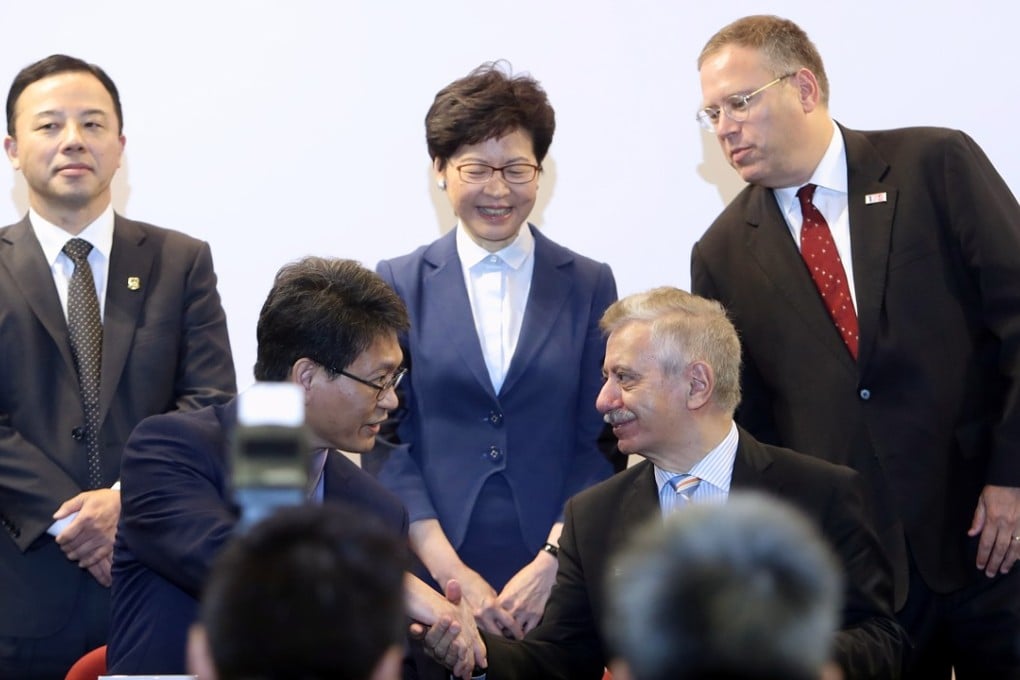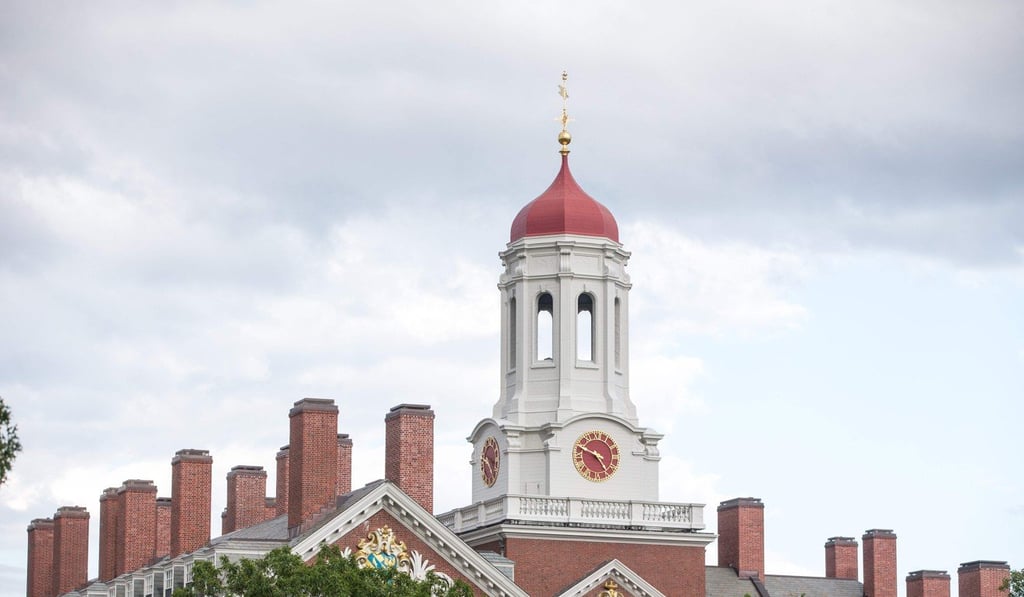Gene editing not on the agenda as University of Hong Kong and Harvard join forces in bid to make disease detection faster, easier and smarter
- Two institutions collaborate for first time in setting up new laboratory in Hong Kong
- Focus will be on inventing means of improving diagnosis of diseases so treatment can start earlier

The University of Hong Kong and Harvard University are setting up a laboratory in Hong Kong for the first time in an ambitious attempt to use talent from both the prestigious schools to make disease detection faster, easier and with more precision.
The two universities are joining forces in a bid to invent devices that would improve diagnosis of diseases, so patients can get treatment at an earlier stage, improving the chances of recovery.
“The goal of this collaboration is to make sure the research we do has as much impacts as we can to improve and bring better health to people,” said Dr Fawwaz Habbal, executive dean for education and research at the Harvard School of Engineering and Applied Sciences.

“Our collaboration will enable the talented engineers and scientists in both universities to create significant innovative instrumentations for precision medicine, and will facilitate the design of devices and treatments that will impact health care across the world.”
The two universities are drafting a proposal to be submitted to the government later this month for a fund to run the Science Park laboratory.